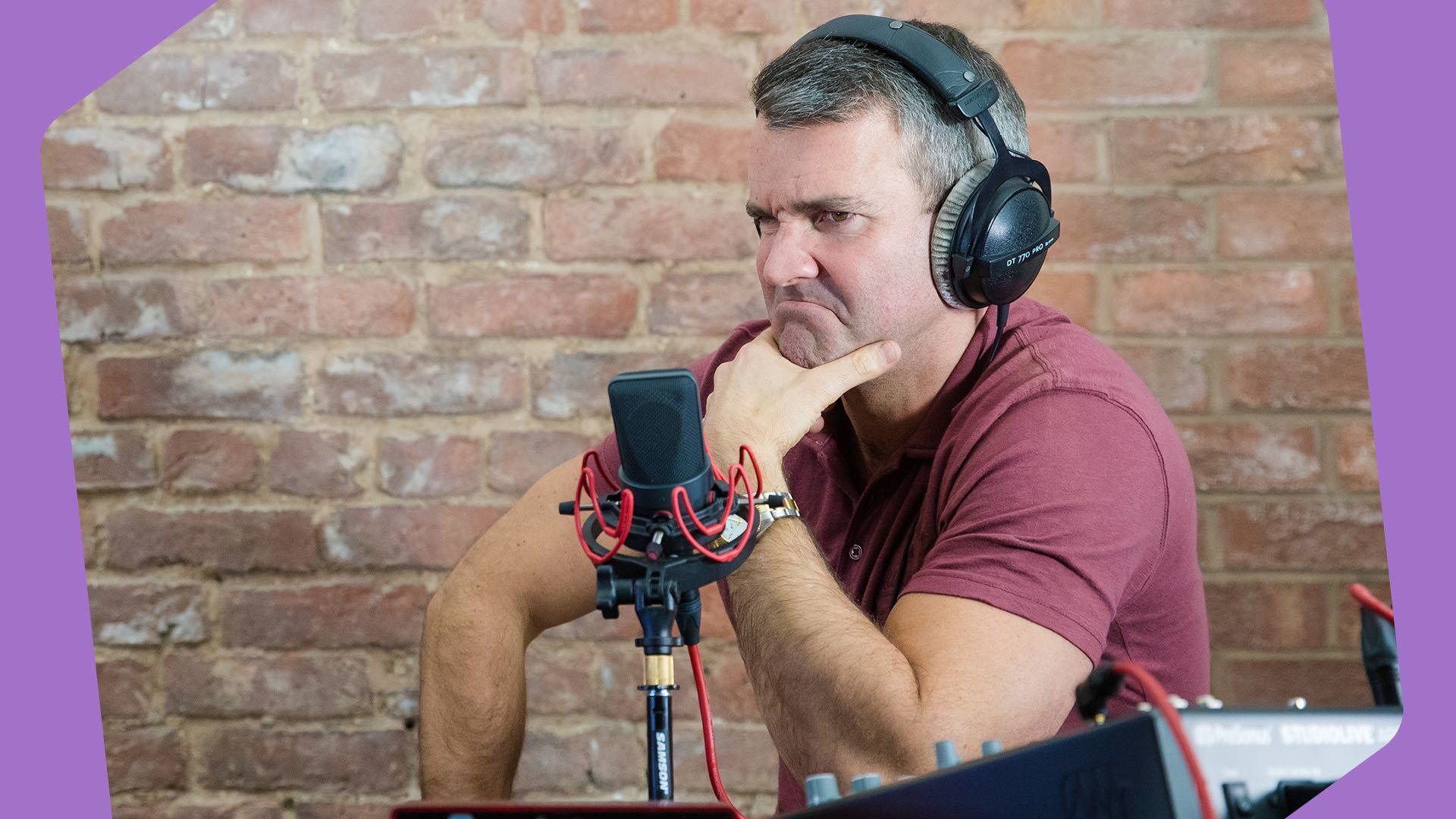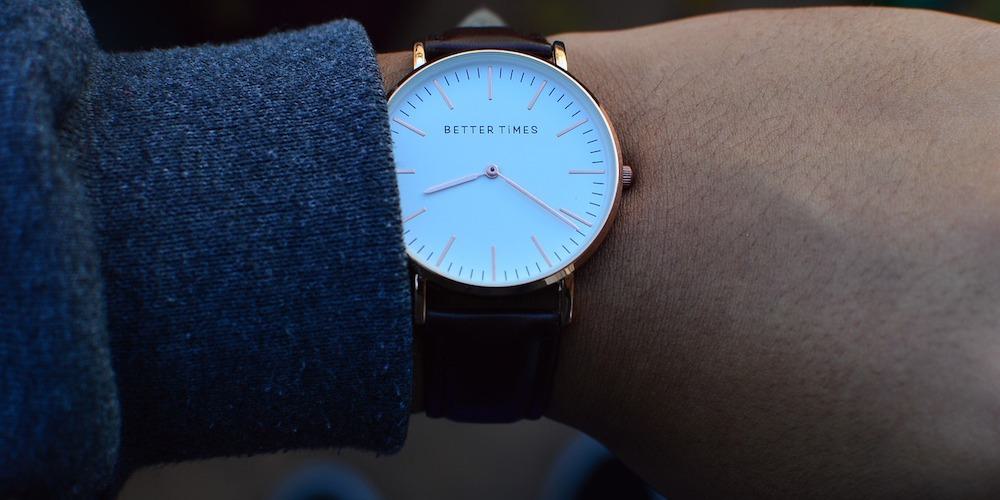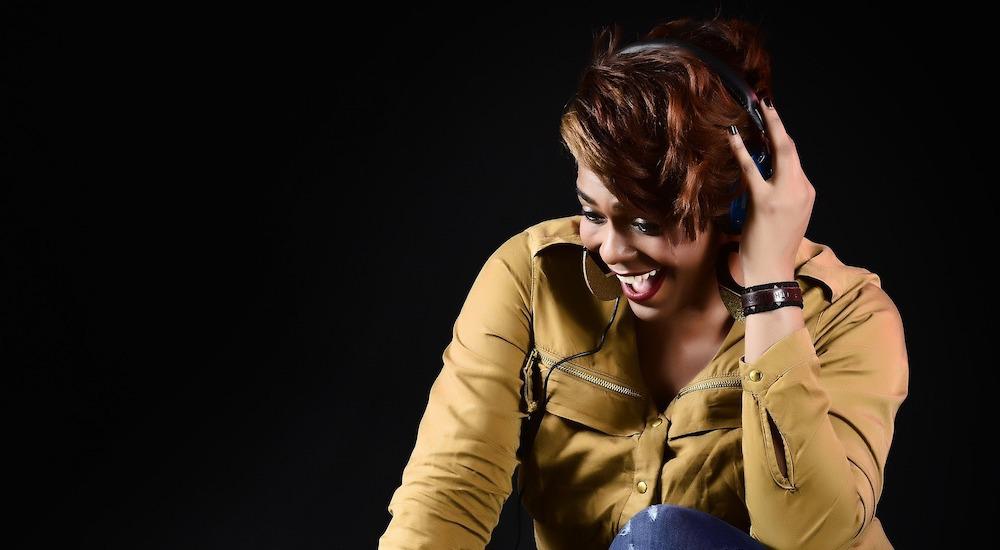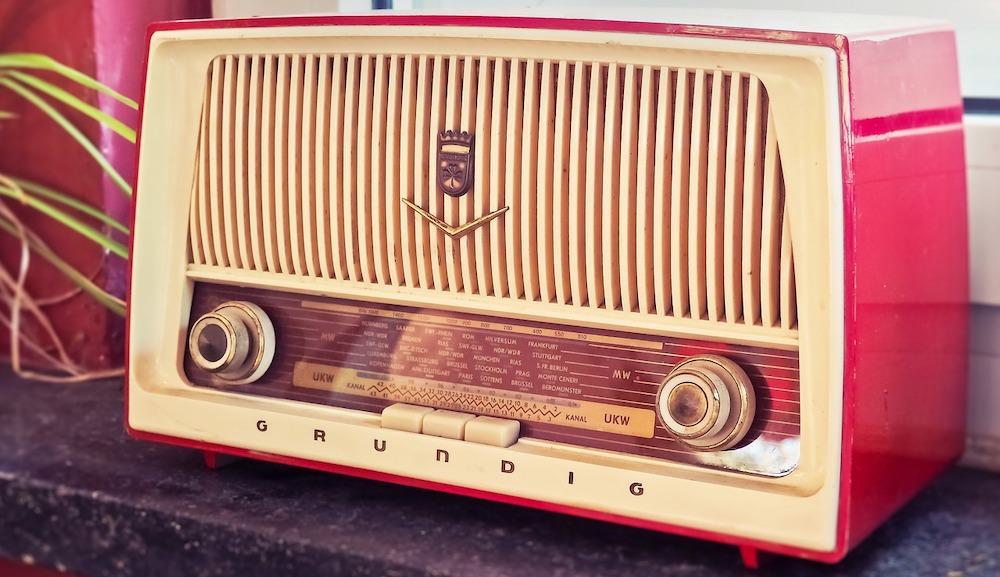Need advice? Let's talk.
Get straightforward guidance from your broadcasting partner. Schedule a call to chat with the team about your radio station.
Book Demo10 Common Mistakes When Presenting Radio (& How to Avoid Them)
We all make mistakes. Get to know the 10 most common mistakes presenters make when broadcasting and how to avoid them.

We all make mistakes. Especially when we’re doing something that’s completely new to us! So, to help you out, we decided to show you 10 common mistakes people make when presenting radio.
1. Timing is Everything

Think about what your audience will be doing at different times of the day. For example, most mainstream radio stations have a breakfast show for when their audience is travelling to work, or taking the kids to school. This show will usually have family friendly, easy-listening style music, so you don’t accidentally jolt anyone awake! Also, most of the adverts will be aimed at parents or families. Obviously, if you focus on a different type of audience, adapt this to suit your audience.
2. Make Adverts Relevant
Again, time to think about your audience and who they are. Making sure your adverts are relevant to your audience is vital, otherwise the company will receive no interest from the ad running on your station and may pull it, losing you money. This also leads back to timing a bit too. For example, if you’ve got an ad to run for package holidays for Disneyland, pop that advert to run in the morning or evening when the children are at home, and before the Summer holidays kick in. You’ll get a lot more interest then!
3. Be Prepared
Preparation for your radio show is everything. There are plenty of stories of radio presenters turning up last minute to their shows with no notes of what they are going to say and things going South pretty quickly. Take this example of ex-BBC presenter, Paula White, as she turned up drunk to her very last show which made for a hilarious but very unprofessional show until she got taken off air. Prepare, make some notes; Start with the things you absolutely NEED to say in this show. Then make a list of things you COULD say during the show to fill time but it doesn’t matter if you get to those or not. This way, you’re prepared, no matter how much time you have between songs!
4. Be Yourself

A lot of people that are new to presenting will try and put on this persona while they talk to their audience. The best idea is to be yourself. Inject your own personality into your radio show and your audience will be coming back to it, less for the music, and more for you. Got a funny story? Talk about it. Got an odd question on your mind? Ask your audience. Something knocked your day down? Talk about it, (With a positive outlook for this one perhaps!). Listeners generally like hosts who just sound like a good friend having a chat with them.
5. Any Mic Won't Do
If you’re doing a talk show and all the way through your microphone sounds awful, listeners won’t want to stick around. It’s really difficult to stick around and listen to a long talk show if you can barely make out what the hosts are saying, or if there’s some awful noise in the background. Try to get a decent microphone that’s nice and clear, set your levels right before you start broadcasting, and try to broadcast from a room that’s nice and quiet.
6. Listen to Your Guests
If you’re doing an interview, the worst thing you can do is simply stick to your list of questions and say nothing else. Listen to your guests answers and respond to them in an actual conversation. For example, if you have a celebrity guest, you ask them how they got famous, and in their answer they mention having a difficult time on their climb up to stardom, don’t ignore that! That is a fantastic talking point (as long as they’re comfortable discussing the topic obviously) so ask about that next! It may not be on your list of questions, but it may lead to a better story than the one you had planned.
7. Don’t Cut Off Callers
This is a quick way to sound closed-off and narrow-minded. If you have a show where listeners can call in to voice their opinion on different issues, don’t cut off their points to give your own point of view. Not only is it extremely rude, but you aren’t letting the listener voice their point of view, which is the whole point of having a call-in show. There are going to be times when you have to cut them off, like if they start swearing or you’re running out of time, but other than that, let them speak and have your say when they finish their point.
8. Listen to the Radio

A surprisingly high amount of new radio presenters have actually not listened to the radio before, or they’ve listened to one DJ setlist show and that’s all. Listen to different types of radio; Local, national, global, music, talk, etc. Work out what you think sounds good and what doesn’t sound so good. This way, you can work out what to do and what not to do when you’re in front of that microphone!
9. Give Details
Listeners tune in and out of radio stations all the time, so it can be pretty frustrating as a listener when you tune in half way through a song and really like it, only for the host to not repeat the name of the song at the end. Make sure you are constantly giving details! Yes, you may have already said the name of the song and artist when it started, but during the song you could have 50 new listeners who are eagerly waiting for the name of the song. This is also why radio hosts will repeat the time, date and their name every so often, for the new listeners benefit. It’s all so nobody gets left out!
10. Talking Over Songs
Yes, it’s a well known trick of some radio stations to stop people just recording their favourite songs straight off of the radio to talk over the beginning and end. This is fine, but you will want to make sure you don’t talk over any vocals because it can get pretty annoying. If it helps, get a programme where you can insert a notification that tells you when the vocals start in the song so you can time your intro, and when the vocals end in the song so you can work out when to start talking afterwards. Talking over instrumental bits at the beginning and end is fine, but when that beat drops or the singer starts, you shouldn’t be talking.
Hopefully that’s given you an idea of some things to avoid doing when you start presenting on your radio station. If you can think of any other do’s or don’t for presenting On Air, share them with everyone else in the comments below! If you have any questions about starting your own radio station, get in contact with us at studio@radio.co, or click the button below to get started on your Free 7 Day Trial!



